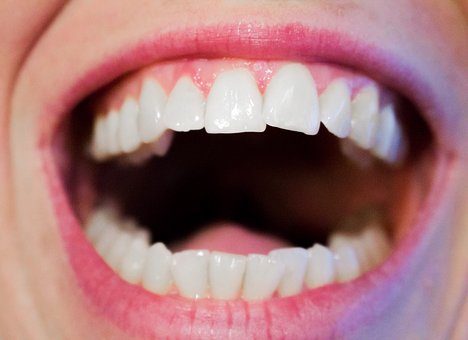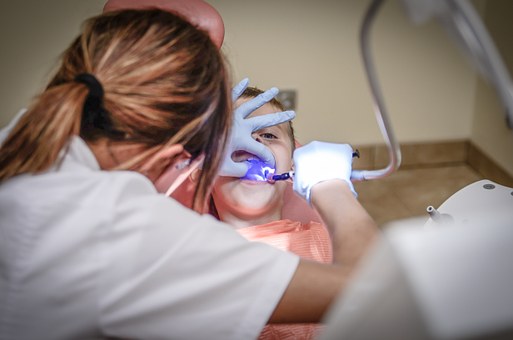Your smile plays a huge role in your confidence, comfort, and overall health. When multiple dental problems build up over time, they can impact not just how your smile looks, but also how your teeth function. That’s where a full mouth restoration comes in. But how do you know if you might need one?
Here are some key signs that it could be time to consider a full mouth restoration.
1. You Have Multiple Missing Teeth
Missing one or two teeth is common, but when you’re missing several teeth across your mouth, it can create serious problems. Gaps can lead to shifting of the remaining teeth, jawbone loss, and bite issues. Full mouth restoration can replace missing teeth with options like dental implants, bridges, or dentures, restoring both function and appearance.
2. Your Teeth Are Severely Worn or Damaged
Teeth that are worn down from grinding (bruxism), acid erosion, or years of wear and tear can lead to bite issues, sensitivity, and a collapsed facial appearance. Cracks, chips, and significant enamel loss are signs that a comprehensive approach is needed to rebuild and protect your teeth.
3. You Suffer from Chronic Jaw Pain or Headaches
Bite misalignment and missing teeth can put extra stress on your jaw joints, often leading to chronic TMJ (temporomandibular joint) pain or frequent headaches. If you’ve noticed ongoing discomfort in your jaw, neck, or head, a full mouth restoration might be needed to properly realign your bite and relieve pressure.
4. You Have Advanced Gum Disease
Healthy gums are essential for strong teeth. If you have advanced periodontal disease, it can cause teeth to loosen or fall out. Treating gum disease is a crucial first step in a full mouth restoration plan, helping to create a strong, healthy foundation for future restorations.
5. Your Smile Affects Your Confidence
If you find yourself hiding your smile due to damaged, missing, or stained teeth, you deserve to feel confident again. Full mouth restoration not only repairs dental issues but also improves the overall appearance of your smile, boosting your self-esteem.
Conclusion
A full mouth restoration isn’t just about cosmetic improvements—it’s about restoring your oral health, comfort, and confidence. If you recognize any of these signs, it’s a good idea to schedule a consultation with your dentist. They can evaluate your situation and create a customized plan to give you a healthy, beautiful smile that will last for years to come.
Your journey to a better smile could be just one conversation away!


